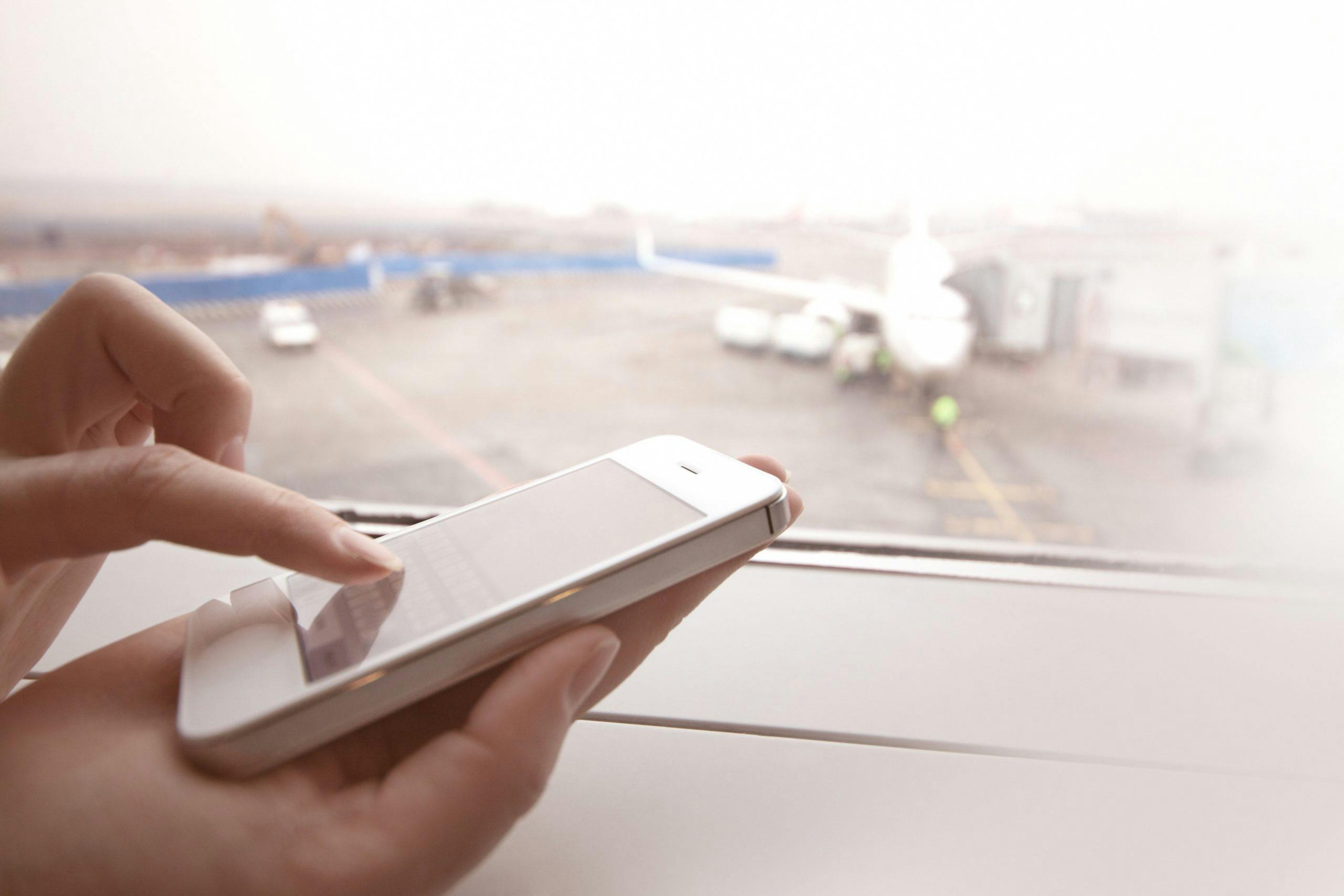Home


Resource Center
The advent of fifth-generation (5G) wireless network technology has been eagerly anticipated by consumers seeking its unique benefits for their daily lives.
However, some have questions and concerns about the challenges they may face. Will 4G phones work on 5G networks? When will 5G be available? In this article, we answer these questions and explain how the onset of 5G will affect existing 4G networks.

What Is 5G and When Will It Arrive?
In 2019, there were approximately 10 million 5G connections in the world. By 2023, that number is expected to increase exponentially to 1.01 billion worldwide 5G connections. The wider adoption of next-gen 5G technology is expected to provide these advantages:
- Ultra-fast fiber-optic network speeds that peak at 20 gigabits per second (Gbps), which will mean HD movies can be downloaded in seconds
- Reduced latency or lag time on cellular devices and cuts in response time from hundreds of milliseconds down to a few, boosting real-time data transfer
- Simultaneous connections among more smart devices, supporting one million devices per 0.38 square miles, as compared to just 2,000 devices with 4G
The enthusiasm surrounding 5G has people wondering if they need to purchase a new phone to keep up in the new 5G era. If you’re thinking about upgrading to a 5G-specific device, then we can help you make an informed decision.
Will 5G Work on 4G phones? Or Do I Need a New Phone?

Wireless carriers are rolling out 5G in the US, but that doesn’t mean you need to buy a 5G phone right away. It will take time for 5G to reach nationwide coverage. The CEO of Verizon offered two predictions to clarify the timeframe:
- About half of the US will be 5G accessible by the end of 2020
- Only half of Americans will have 5G phones or devices by 2024
When Will 4G Be Phased Out?
The growth of 5G networks doesn’t mean 4G is going away. Mobile carriers will use existing 4G LTE networks to provide their customers cell service well into the next decade. 5G networks will work with 4G — not outright replace it. The upshot is that 5G-capable cell phones will still use 4G technology.
Which Carriers Offer 5G Service?
The four major carriers have all launched 5G networks, but they have minimal coverage on the national scale. Their 5G networks extend to select US cities, but most Americans remain out of the loop. Here’s a breakdown of the current network areas of the four largest carriers:
- Verizon 5G Ultra Wideband is only live in sections of 34 US cities, identified on the Verizon coverage map.
- T-Mobile hopes to bring 5G coverage to 200 million Americans this year. You can view the T-Mobile coverage map for up-to-date 5G and 4G LTE areas.
- As of February 2020, AT&T’s 5G coverage was limited to the specific locations on the AT&T coverage maps for just 10 major US cities.
The limited present range of American locations is, of course, just the beginning. Carriers will keep building their networks and launching 5G on a gradually wider stage in the years to come.
Will a 5G Cell Phone Fix Weak Signal Problems?
Even with 5G cellular connectivity and speed, signal blockers still cause lagging and interference. Several obstacles will continue to interrupt your signal in a 5G world, including:
- Materials used in the construction of your home or office, including concrete, steel, brick, foam insulation, and energy-efficient glass, can be signal-blockers.
- Vehicle materials — the metal body of most vehicles can also block your signal.
- Natural barriers — dense obstacles between you and the nearest cell tower like tall buildings, forests, and mountains can reduce the relative strength of your cell signal.
- Heavy weather — Storms, fog, and severe weather can disrupt cell reception and data transmission and increase dropped calls.
- Remoteness — Being in rural areas or wilderness can be a further impediment if this places you far from the nearest 4G or 5G cell tower.
Fortunately, you don’t need 5G cell phone service to get better reception. A WilsonPro cellular repeater will immediately improve your cellular connectivity.
What Is a Cellular Repeater?
A cellular repeater system improves cell reception in buildings, vehicles, and homes. Powerful antennas collect and amplify the signal from cell towers and then broadcast the enhanced signal within range of your mobile phone. A repeater system is composed of the following three components:
- An outside antenna pulls a signal from a cell tower into a vehicle or building.
- A repeater amplifies the signal being received by the outside antenna.
- An inside antenna broadcasts the enhanced signal for immediate use by cell phones and other cellular devices.

Your smartphone, tablet, and other cellular-enabled devices stay connected with WilsonPro’s technology, even in areas where your signal might otherwise be weak or obstructed.
Why Do Customers Choose WilsonPro Cellular Repeaters?
WilsonPro is a leader in wireless technology innovation. In fact, we recently announced the release of our first 5G cellular repeater. There are several key reasons customers choose us:
- We’re 5G compatible. Our products will enhance cell signals for all phones and cellular-connected devices on low-band, mid-band, and high-band 5G.
- Our devices are FCC-certified. They meet the highest quality standards and comply with federal regulations.
- Connect you to certified professional technicians for installation.

With a WilsonPro cell signal repeater, you get security and peace of mind knowing that you’ll stay connected even in signal-poor remote or rural areas. Dozens of case studies show the success of our signal repeater systems over a wide range of client settings, including educational institutions, first-responder vehicle fleets, social media giants, and hospitals.
How to Get Started Today
You don’t have to wait for 5G coverage to reach your city or buy a new phone to enjoy reliable cellular connectivity. Get faster data speeds and fewer dropped calls today with a WilsonPro cellular signal repeater system.
We offer custom solutions to fit the needs of businesses in every industry. If you’d like to learn more about our solutions, contact us today.

